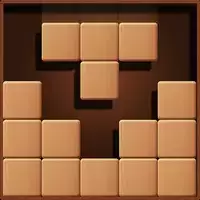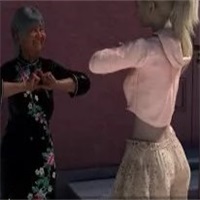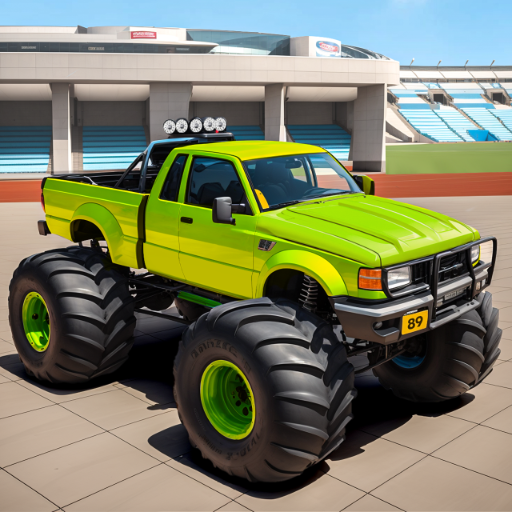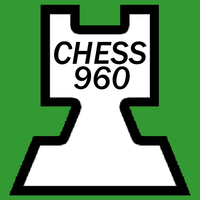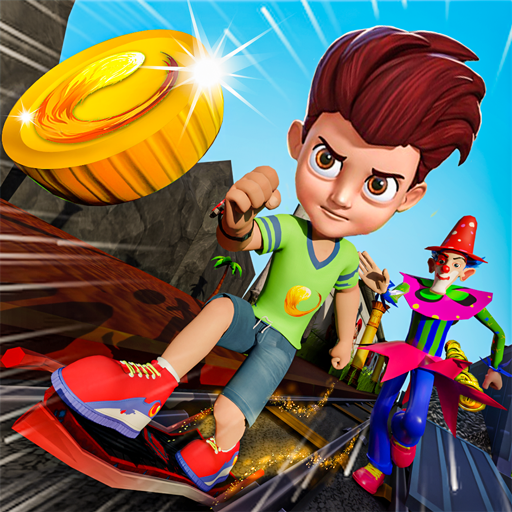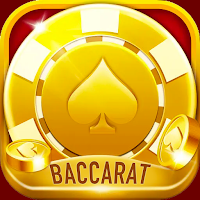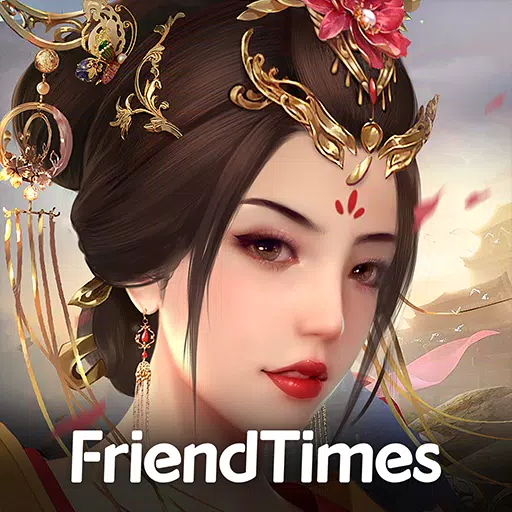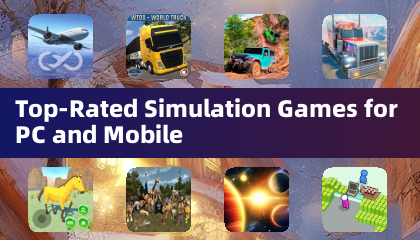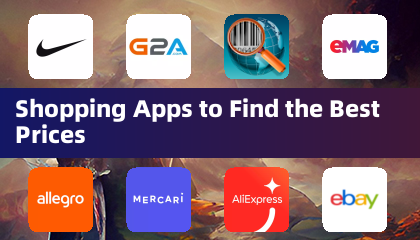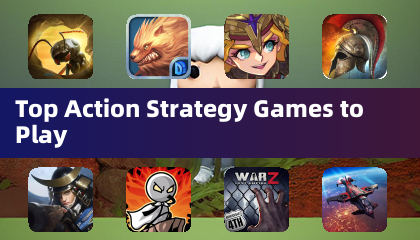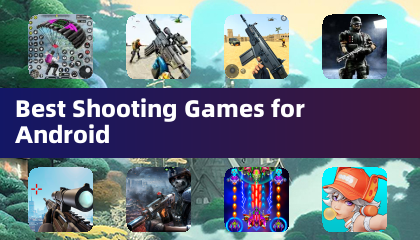Ever since Nintendo officially unveiled the Switch 2, the gaming community has been eagerly anticipating the upcoming April Direct. This event is expected to provide an official release date, price, and a confirmed lineup of games for the Switch 2. However, Nintendo surprised everyone by releasing another Direct the week before, featuring major titles like Pokémon Legends Z-A and Metroid Prime 4. Given Nintendo's commitment to backward compatibility, perhaps this move shouldn't come as a shock.
Before the latest Nintendo Direct, the company set expectations by stating, "There will be no updates about Nintendo Switch 2 during the presentation." While this was technically accurate—no direct mention of Switch 2 was made beyond a reminder about the upcoming Direct and the introduction of the new Virtual Game Card sharing system—it's reasonable to infer that all the games showcased will be compatible with the Switch 2. Officially, these games are coming to the original Switch, but their future availability on the Switch 2 seems likely.
This strategy benefits everyone involved. Fans of the original Switch still have plenty to look forward to as the console celebrates its eighth year, while those planning to upgrade to the Switch 2 can rest assured knowing they'll have access to an extensive library of games from day one.
Nintendo's dedication to backward compatibility is paving the way for what could be one of the smoothest transitions between console generations we've ever witnessed. While excitement builds around what the Switch 2 can offer and its new game lineup, Nintendo is playing it safe with the hardware, ensuring all players are catered for. The recent Nintendo Direct didn't feel like a push for Switch 2 pre-orders but rather an inclusive approach, welcoming all gamers—whether they plan to buy a Switch 2 at launch, upgrade later, or stick with their current Switch.
That's why it made sense to showcase a multitude of Switch games just days before a dedicated Switch 2 Direct. Beneath the surface, Nintendo was laying more groundwork for the upcoming transition. The introduction of the Virtual Game Card system, allowing Switch owners to link two consoles and share digital games, is a testament to this. This feature, reminiscent of Steam's family sharing system, is particularly useful given the rise in digital game sales. Announcing it near the end of the Switch's lifecycle, with the Switch 2 imminent, is likely a strategic move to ensure a seamless transition.
Some have noted that the fine print for the Virtual Game Card system hints at a "Switch 2 Edition" for certain games. This could imply exclusive enhancements for the Switch 2 that prevent sharing with the older model, exclusive re-releases only playable on Switch 2, or something else entirely. The mystery remains, but similar to when Nintendo announced that "Certain Nintendo Switch games may not be supported or fully compatible with Switch 2," this fine print likely serves as a precautionary measure for potential unshareable games.
Regardless of what the fine print means, Nintendo's approach to the Switch 2 transition resembles a smooth procession, much like Apple's transition from one iPhone model to the next. You don't have to upgrade, but doing so offers clear benefits, and you can bring your existing games along for the journey.


